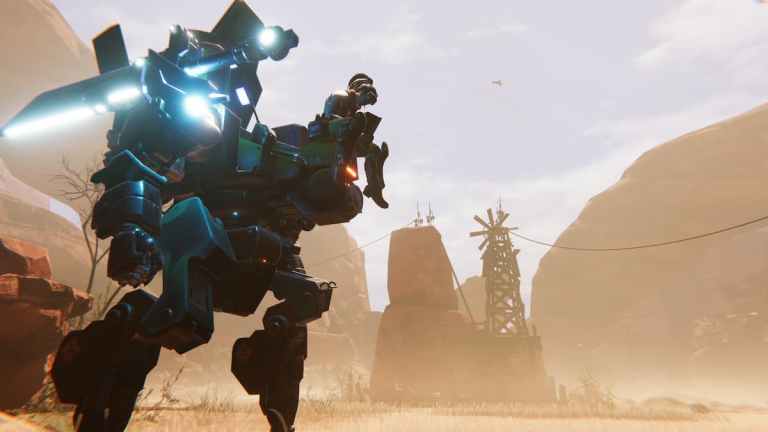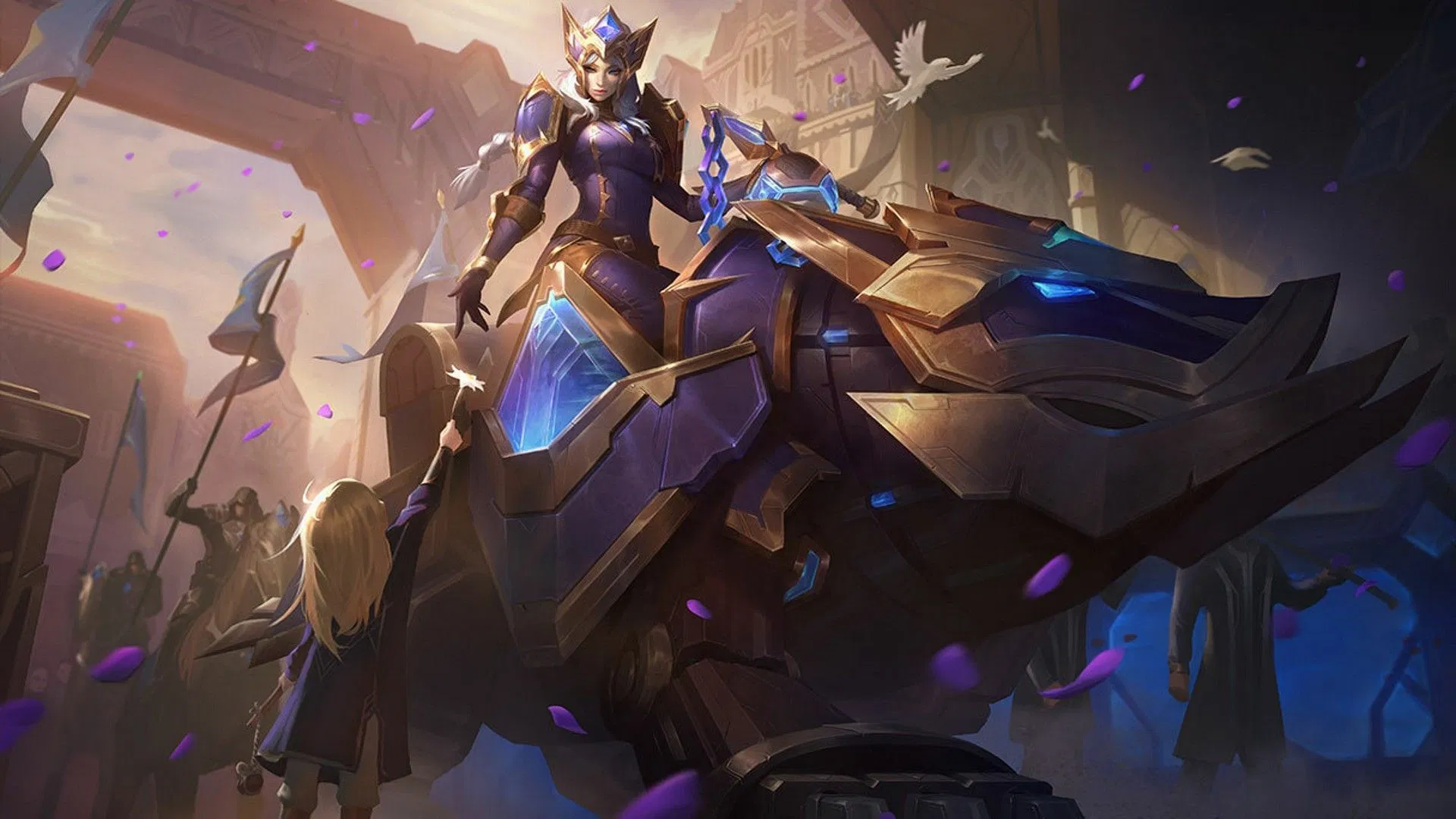Copyright primagames

Telling stories in a game is hard. The interactive nature of the medium means you can’t always fully use it to immerse players in a narrative where they feel directly involved. Whether it’s the limited use of gameplay-driven storytelling, writing that doesn’t hold up against other media, or a lack of care in handling serious subjects, many games fall short. Bounty Star isn’t one of those games. It’s an exploration of grief, trauma, and acceptance that pulled me in with genuine brevity and care for its themes, transforming the mundane into something deeply rewarding as I played and learned more about its main character. One Day at a Time I’ll try to keep spoilers to a minimum, but the premise isn’t that complex. You play as Clem, a mech-piloting soldier who, after a brief lapse in judgment, fails to stop a threat that wipes out the place she calls home and everyone in it in a post-post-apocalyptic version of the American Southwest. After spending some time in guilt-ridden reclusion, she decides to pick herself up and take her life back into her own hands. Instead of being a soldier with a defined cause and purpose, Clem starts her new life as a bounty hunter at the edge of civilization in a rundown gas station. With her extensive experience piloting mechs, or Raptors as they’re called in the game, she takes on bounties, tends to her new home by fixing it up, grows crops, and spends time in quiet reflection. Just like in real life, grief and trauma aren’t things you can overcome without putting in the work, and sometimes that means settling into a routine to remind yourself that you can still exist and function despite the weight of your past. This journey unfolds through repetitive tasks you perform around the gas station, but watching Clem come to terms with her new home and slowly leave behind her troubled past makes the mundane feel meaningful. Both farming and base-building are activities rooted in nurturing, growing, and repairing; things that Clem needs most in her life right now, when she has lost it all, and for which she blames herself. This contrast of activities allows Clem to be a fleshed-out character who hasn’t abandoned herself entirely, even if her life’s purpose has been snatched away from her. Sum of Its Parts I’m not going to pretend that any single aspect of its gameplay stands out, but the overall loop of progress you make throughout the day holds real value to me as both a player and an observer. After each bounty, Clem takes out her journal to put her thoughts, fears, and discoveries into words, and she has a remarkable way with them. The farming isn’t overly complex, crafting is straightforward, the camera isn’t reliable, and even the slightly janky combat, despite its depth, comes together to evoke that familiar feeling of giving life another chance. Watching Clem struggle with her past while finding joy in her new life gives a genuine sense of hope. Her work as a bounty hunter keeps her grounded, allowing her to keep that part of her past at bay. Even though she’s using the same tools for good, Clem is aware of the irony in how she’s trying to piece her life back together with the same weapons that brought her to her lowest. Recommendation* Despite its shortcomings, I can recommend Bounty Star if you’re looking for a well-written, absorbing, and personal tale of recovery. Its ability to capture the mundane and ordinary while contrasting them with mech combat and sharp dialogue creates a unique blend of experiences that come together into something heartfelt, even if a bit messy in execution. You can check out Bounty Star on Steam, PS5, and Xbox Series S|X. It’s also available on Xbox Game Pass. If you’d like to see more helpful guides, news, or features from Prima Games, please consider adding us to your preferred sources.



